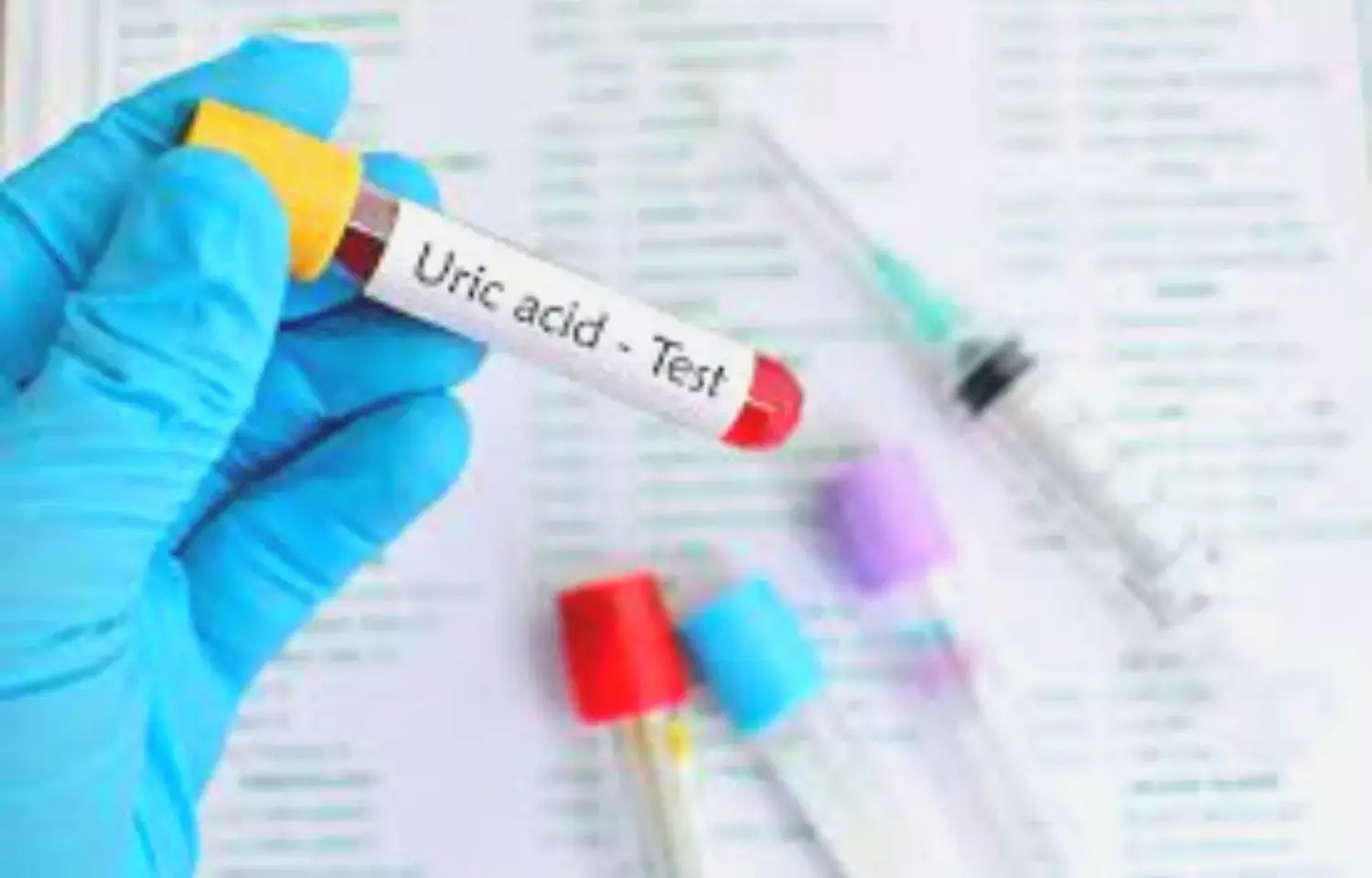- Home
- Medical news & Guidelines
- Anesthesiology
- Cardiology and CTVS
- Critical Care
- Dentistry
- Dermatology
- Diabetes and Endocrinology
- ENT
- Gastroenterology
- Medicine
- Nephrology
- Neurology
- Obstretics-Gynaecology
- Oncology
- Ophthalmology
- Orthopaedics
- Pediatrics-Neonatology
- Psychiatry
- Pulmonology
- Radiology
- Surgery
- Urology
- Laboratory Medicine
- Diet
- Nursing
- Paramedical
- Physiotherapy
- Health news
- Fact Check
- Bone Health Fact Check
- Brain Health Fact Check
- Cancer Related Fact Check
- Child Care Fact Check
- Dental and oral health fact check
- Diabetes and metabolic health fact check
- Diet and Nutrition Fact Check
- Eye and ENT Care Fact Check
- Fitness fact check
- Gut health fact check
- Heart health fact check
- Kidney health fact check
- Medical education fact check
- Men's health fact check
- Respiratory fact check
- Skin and hair care fact check
- Vaccine and Immunization fact check
- Women's health fact check
- AYUSH
- State News
- Andaman and Nicobar Islands
- Andhra Pradesh
- Arunachal Pradesh
- Assam
- Bihar
- Chandigarh
- Chattisgarh
- Dadra and Nagar Haveli
- Daman and Diu
- Delhi
- Goa
- Gujarat
- Haryana
- Himachal Pradesh
- Jammu & Kashmir
- Jharkhand
- Karnataka
- Kerala
- Ladakh
- Lakshadweep
- Madhya Pradesh
- Maharashtra
- Manipur
- Meghalaya
- Mizoram
- Nagaland
- Odisha
- Puducherry
- Punjab
- Rajasthan
- Sikkim
- Tamil Nadu
- Telangana
- Tripura
- Uttar Pradesh
- Uttrakhand
- West Bengal
- Medical Education
- Industry
Higher serum uric acid levels linked with gestational diabetes mellitus risk

A new study published in The Journal of Clinical Endocrinology & Metabolism found that elevated levels of serum uric acid in the blood during pregnancy may be closely related to the development of gestational diabetes mellitus (GDM).
GDM is a type of diabetes that develops during pregnancy and can lead to serious complications for both the mother and baby. And so, Chaoyan Yue and team aimed to better understand the relationship between changes in serum uric acid levels before 24 weeks of gestation and the risk of GDM and associated adverse pregnancy outcomes.
The study included 24,023 singleton pregnant women who were followed from February 2018 to June 2022. The researchers measured the women's serum uric acid levels before 24 weeks of gestation and recorded the development of GDM at 24-28 weeks of gestation. They also tracked other pregnancy outcomes, including GDM requiring pharmacotherapy (GDM A2), GDM combined with preeclampsia, preterm delivery, and large for gestational age infants.
The findings of the study were:
Elevated uric acid levels before 24 weeks of gestation were strongly associated with the risk of GDM.
Compared to women with uric acid levels below 240umol/L, those with levels between 240-300 had a risk ratio (RR) for GDM of 1.43 (95% CI: 1.29-1.56), and those with levels above 300 had an RR of 1.82 (95% CI: 1.55-2.15).
The researchers also found that elevated uric acid levels were associated with other adverse pregnancy outcomes, including GDM A2, preterm birth, and GDM combined with preeclampsia.
Based on these findings, the PI concluded that elevated uric acid levels before 24 weeks of gestation are associated with an increased risk of GDM and other adverse pregnancy outcomes. They suggest that measuring serum uric acid levels before 18 weeks of gestation may be particularly useful for identifying pregnant women at low or intermediate risk for GDM who may benefit from early intervention.
Reference:
Yue, C., Ying, C., & Li, X. (2023). Elevated serum uric acid is associated with gestational diabetes mellitus: an observational cohort study. In The Journal of Clinical Endocrinology & Metabolism. The Endocrine Society. https://doi.org/10.1210/clinem/dgac760
Neuroscience Masters graduate
Jacinthlyn Sylvia, a Neuroscience Master's graduate from Chennai has worked extensively in deciphering the neurobiology of cognition and motor control in aging. She also has spread-out exposure to Neurosurgery from her Bachelor’s. She is currently involved in active Neuro-Oncology research. She is an upcoming neuroscientist with a fiery passion for writing. Her news cover at Medical Dialogues feature recent discoveries and updates from the healthcare and biomedical research fields. She can be reached at editorial@medicaldialogues.in
Dr Kamal Kant Kohli-MBBS, DTCD- a chest specialist with more than 30 years of practice and a flair for writing clinical articles, Dr Kamal Kant Kohli joined Medical Dialogues as a Chief Editor of Medical News. Besides writing articles, as an editor, he proofreads and verifies all the medical content published on Medical Dialogues including those coming from journals, studies,medical conferences,guidelines etc. Email: drkohli@medicaldialogues.in. Contact no. 011-43720751


